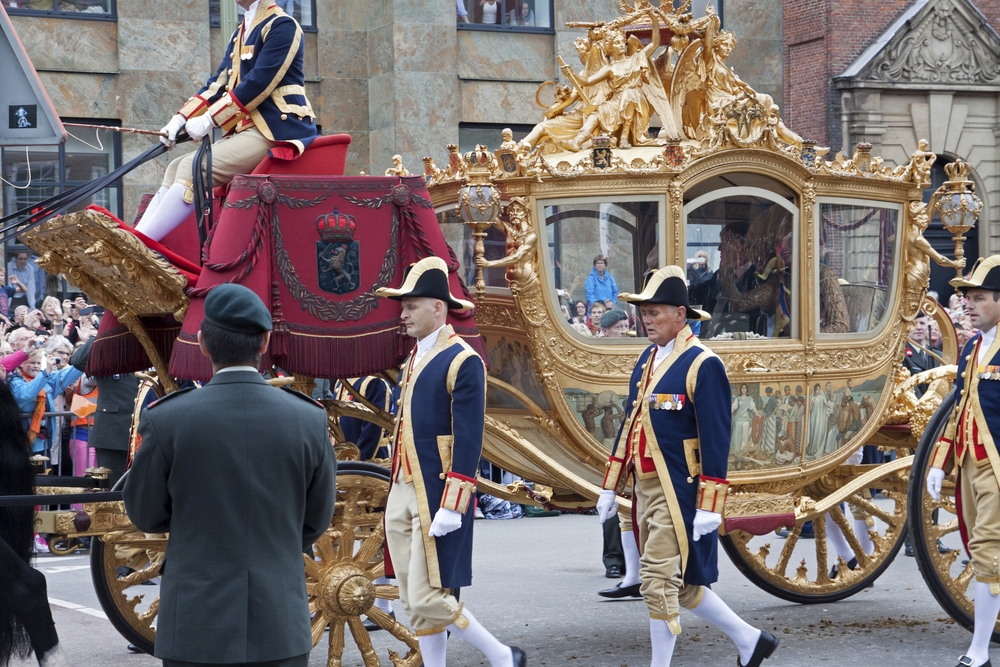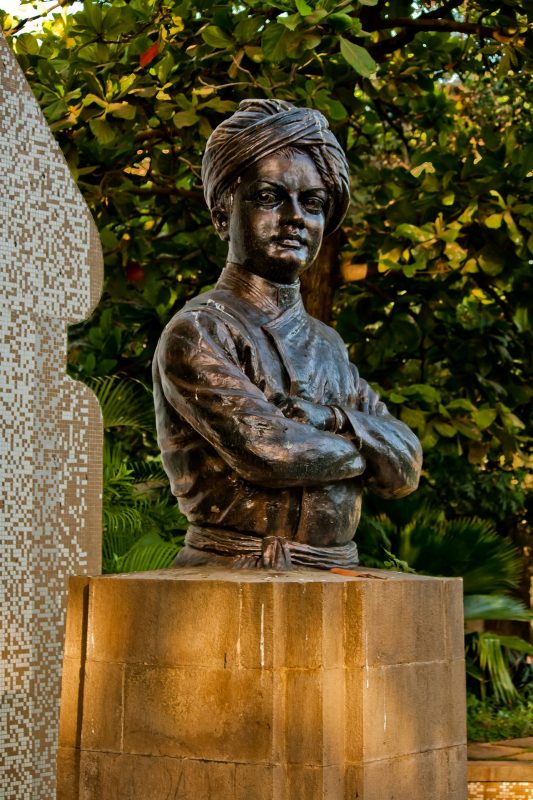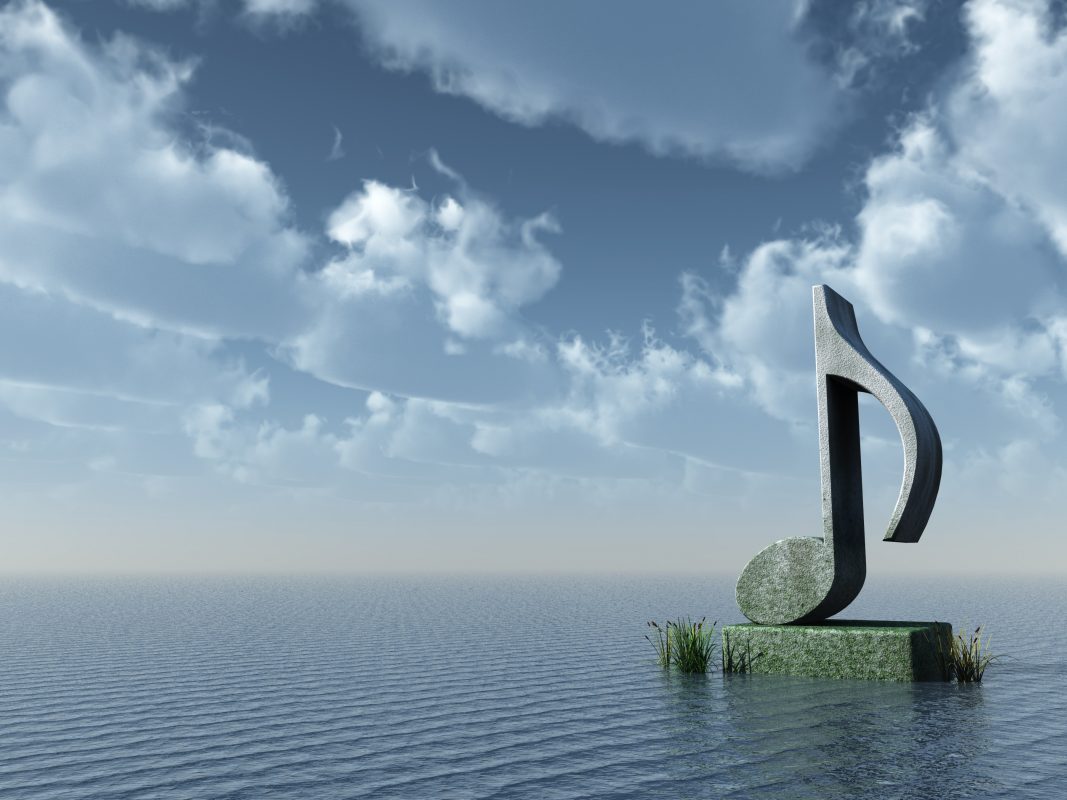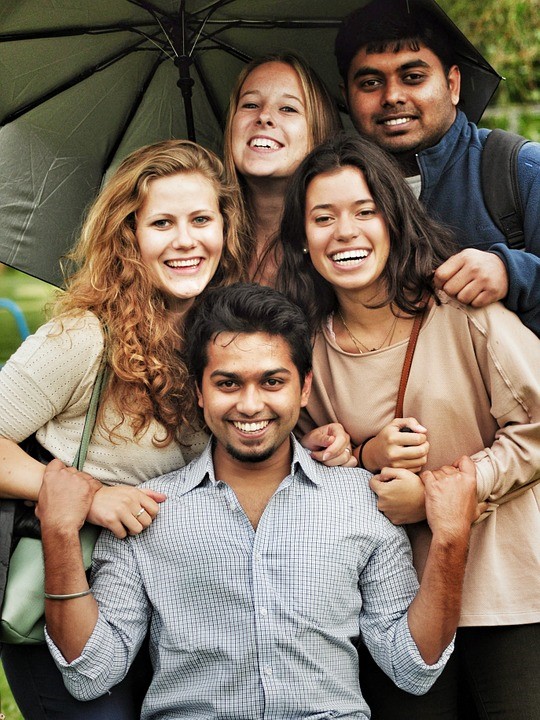Each drop of water may look very small but over period of time it could create an ocean. So also our attitudinal deficiencies may look trivial, but once it becomes a tendency, a habitual rut, then it creates unpleasant worries and tensions.
Category Archives: Applied Philosophy
We come across it during our daily routine many a times during the course of a day and it still is able to allude us. And I often feel it standing by, looking at us laughing, teasing in a way.
It all depends on where our mind is! If it is in a complaining mode then more and more unpleasant situations will crop up out of thin air! As such their roots are in the mind and manifestations are in the external world. We create our miseries inside and see them outside. Unhappiness breeds in the shallow pool of unconsciousness.
And why in the street because a king is always and always moving. He is always searching for more, he is always in the street, he is always on a journey, because there are many things yet to be attained.
Nandita Kochar Born and raised in Calcutta originally as Narendra Nath Datta, Swami Vivekananda played an extremely important role in the spiritual and philosophical enlightenment of the Indian masses. He led the spread of the Vedanta philosophy in the West and even established Ramakrishna mission, an organisation named after his Guru that dedicated itself to […]
Osho says , Silence is music, pure music. the Zen people say that the ultimate enlightenment is like the sound of one hand clapping. If two hands clap, then there is a clash, conflict. When only one hand is clapping, it is of course absolute silent, theris no sound at all, and that silence is […]
We oscillate between Death and rebirth. Tibetan term Bardo is a beautiful word that simply means a ” transition or a gap between completion of one situation and the on set of another. “Bar”means in-between and “do” means suspended or thrown. Bardo is a word made famous by the popularity of the Tibetan book of […]
A stands for the activating event that seems to trigger an emotion B stands for the belief system that underlies the way in which a person appraises the event C stands for the emotional and behavioral consequences of that appraisal D is the key to changing maladaptive emotions and behaviours: disputing or challenging an erroneous […]
Suffering is symbolic. It does not have causes, but only one cause. Howsoever different the suffering is, the cause is always one. The cause is that the hidden harmony between the human mind and the cosmic existence is lost. Whenever the hidden harmony is broken, suffering arises. So suffering is only symbolic of broken harmony. […]
For many of us, when we feel scared or anxious or hurt, expressing what we feel to others would be the last option towards making ourselves feel better. So when we have a fight with our partner and we are asked how we are doing, we smile like nothing happened. When we have a meeting […]










